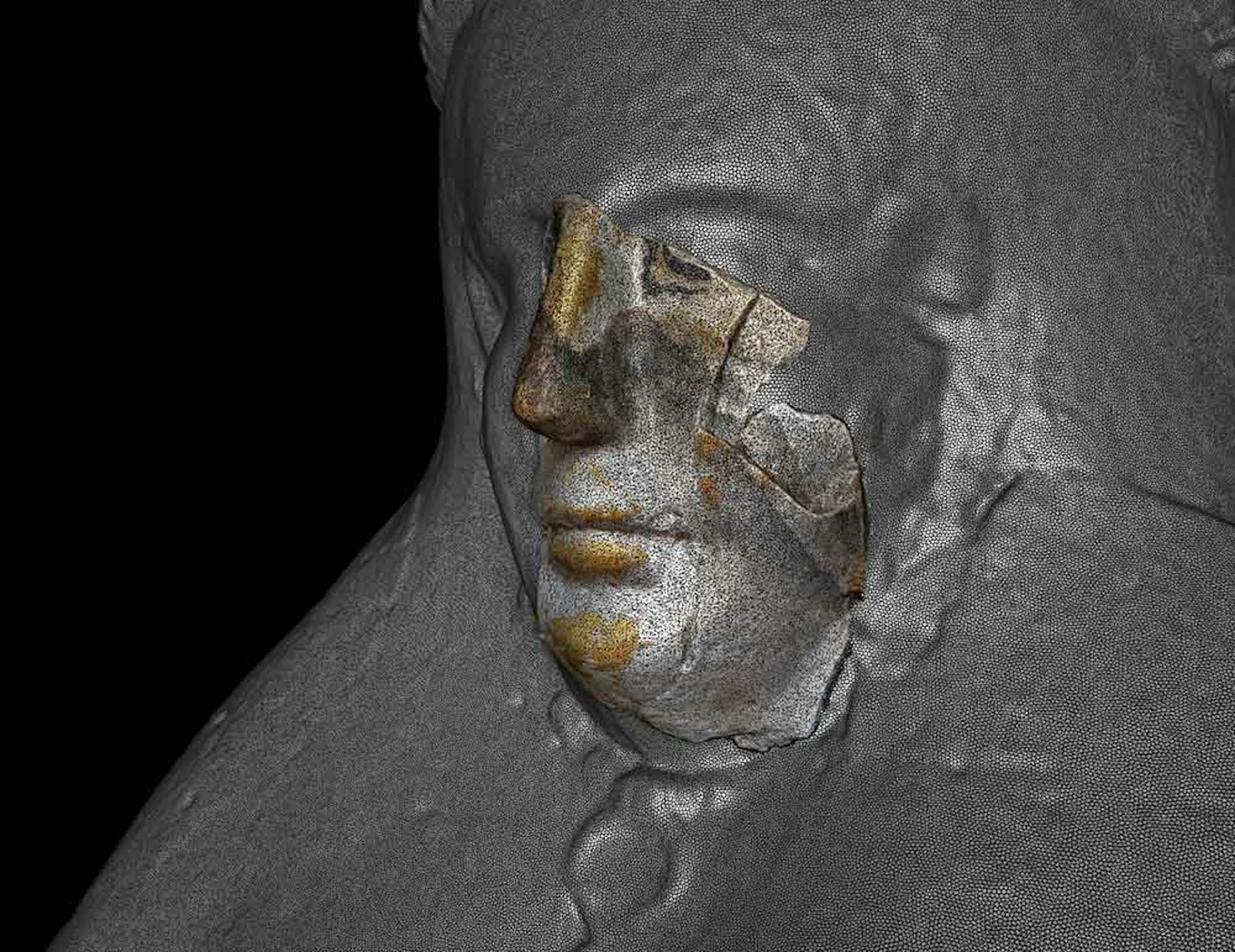4 new findings shed light on crowdfunding for charity
A research team found that crowdfunding is a popular way to support social justice causes. They also determined that little of this charitable giving supports strangers.

Raising money online from a group of donors, known as crowdfunding, is relatively new. The term was coined in 2006 by entrepreneur Michael Sullivan.
But having lots of people chip in to support a cause or help out their friends and loved ones is a long-established practice. The pooling of contributions has occurred throughout human history.
It’s hard to know exactly how much money changes hands today through GoFundMe, Indiegogo, Kickstarter and the thousands of other crowdfunding platforms out there. Without any U.S. oversight or coordination, gathering accurate and complete data is next to impossible. But there’s no doubt that crowdfunding is on the rise.
Still, estimates exist. Online crowdfunding campaigns are raising more than US$34 billion a year around the world, according to one, up from around $1.5 billion in 2011. Another source pegs the amount of money raised via crowdfunding in North America alone at $17 billion in 2020.
Although these campaigns help pay for everything from hospital bills and COVID-19 relief for restaurants to college tuition and launching new companies, little research about it has been done. To see which kinds of charitable crowdfunding campaigns garner support and why, we teamed up with other colleagues at the Indiana University Lilly Family School of Philanthropy. Here are four of our main findings.
1. Crowdfunding supports social justice
Crowdfunding is a popular avenue for racial justice giving, likely because it’s informal, fast and well-suited for smaller and harder-to-identify nonprofits.
As CNN reported, June 2, 2020, was GoFundMe’s biggest day up to that point. More than 500,000 people used the platform to help George Floyd’s family and support causes related to racial justice and equality.
When we surveyed 1,535 American households, it turned out that a bigger share of Americans who give through crowdfunding (27.7%) and social media (28.6%) said they support such social justice causes as community bail funds and supporting marginalized groups, as compared with charitable donors who use more traditional payment approaches (18.2%).
2. Crowdfunding is popular among younger people and people of color
We also found that crowdfunding donors tend to be younger, less religious and more often single than donors who support charities in more traditional ways – for example, writing a check directly to an organization.
Crowdfunding donors are nearly six years younger on average than other charitable donors. Just 1 in 3 crowdfunding donors (32.3%) frequently attends religious services, compared with 43.2% of traditional donors. And 45.5% of crowdfunding donors are single, compared with 38.8% of other donors.
People of color also make up a higher percentage of donors to charitable crowdfunding campaigns (39.5%) than other givers (34.5%).

3. Crowdfunding can be less charitable than it appears
While all crowdfunding that supports individuals and their families might be charitable in spirit, those donations aren’t, in the eyes of the Internal Revenue Service, a form of charitable giving. But when these campaigns do support charities, giving them money is no different from making a donation by writing a check or charging it to your credit card.
Additionally, we found that crowdfunding donors, for the most part, also give to charity through more traditional means. While 31.7% of the people we surveyed gave to crowdfunding campaigns in a typical year, just 6.4% gave only via crowdfunding.
In other words, people who support causes through crowdfunding don’t constitute a separate pool of charitable donors.
4. Little crowdfunding aids strangers
In terms of dollars given away, we found that crowdfunded money tends to support people donors know or who are one step removed – such as friends, relatives and friends of friends.
The average crowdfunding donors give the largest portion of their dollars to a family member or close friend (41.6%), a charitable organization (22.1%) or a friend of a friend or an acquaintance (10.8%).
In comparison, many fewer dollars are given to strangers (5.2%).
No panacea for all of society’s needs
Crowdfunding has become more familiar to many Americans during the COVID-19 pandemic and the economic crisis it brought on.
While crowdfunding has become a popular way to help people and businesses in their time of need, as GoFundMe CEO Tim Cadogan bluntly told Congress in an op-ed, “We can’t do your job for you.”
[Explore the intersection of faith, politics, arts and culture. Sign up for This Week in Religion.]
Jon Bergdoll received funding as part of a grant from Facebook for the crowdfunding report.
Jacqueline Ackerman does not work for, consult, own shares in or receive funding from any company or organization that would benefit from this article, and has disclosed no relevant affiliations beyond their academic appointment.
Read These Next
3D scanning and shape analysis help archaeologists connect objects across space and time to recover
Digital tools allow archaeologists to identify similarities between fragments and artifacts and potentially…
Are women board members risk averse or agents of innovation? It’s complicated, new research shows
The effect of women board members on patent activity hinges on whether the company is meeting performance…
OpenAI has deleted the word ‘safely’ from its mission – and its new structure is a test for whether
OpenAI’s restructuring may serve as a test case for how society oversees the work of organizations…






